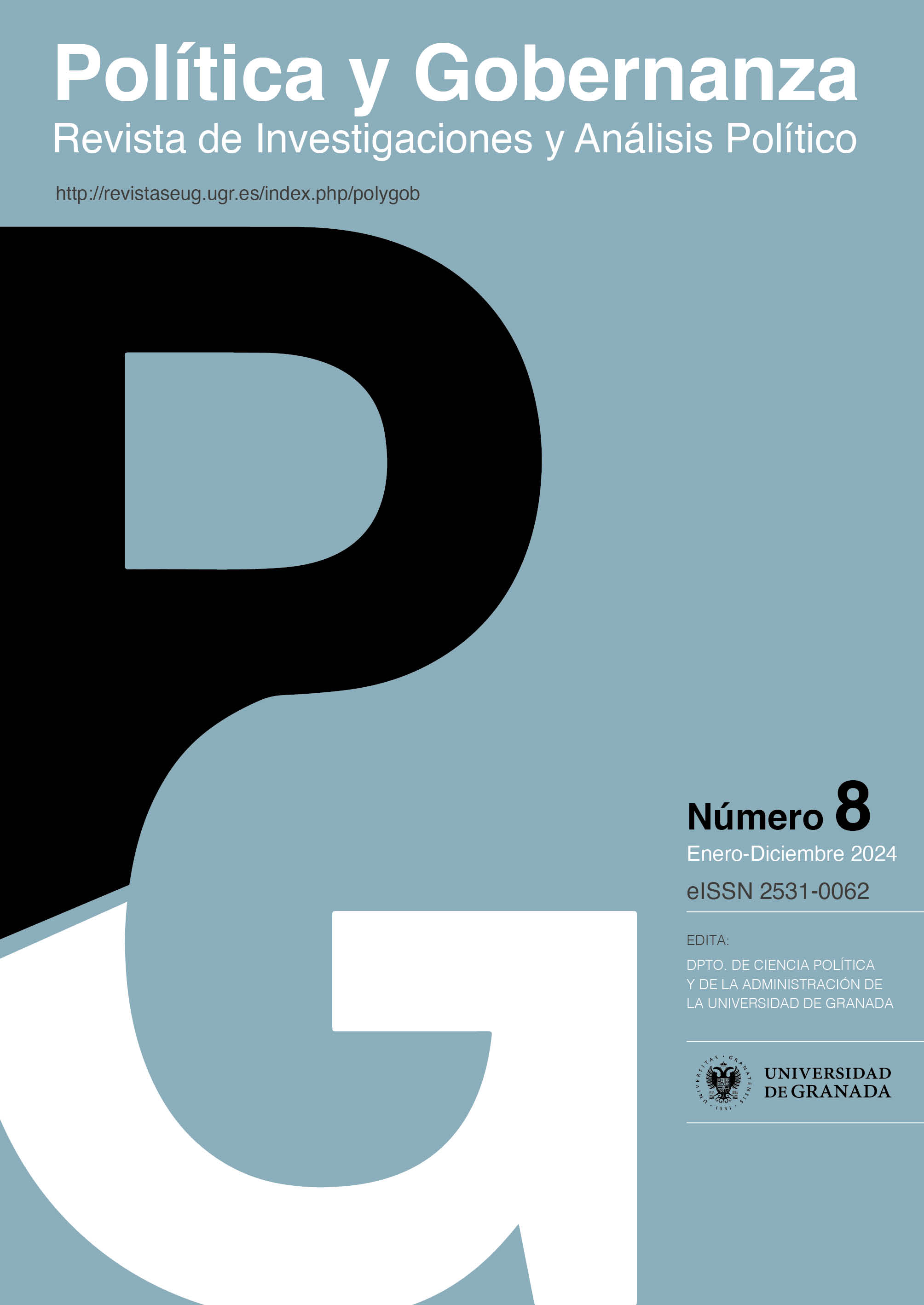The Impact of Social Success and Well-being on Social and Political Trust by Type of Political Regime
Main Article Content
Abstract
To explain a higher or lower level of trust, both political and social, specialized literature has developed different theories. This work is based on the theory of social success and well-being, which suggests that individual variables such as higher levels of wealth, happiness, health, or life satisfaction would explain greater trust, as they allow the individual greater exposure to risk. To test this, an analysis of data from the World Values Survey is carried out, with the novelty of analyzing different dimensions of social and political trust, also grouping the case studies by type of regime: liberal democracy, electoral democracy and electoral autocracy. The results show explanatory variety of trust in each type of regime, indicating that the theory of social success and well-being works better to explain particularized social trust in all types of regimes, and to explain representative political trust in autocracies.



